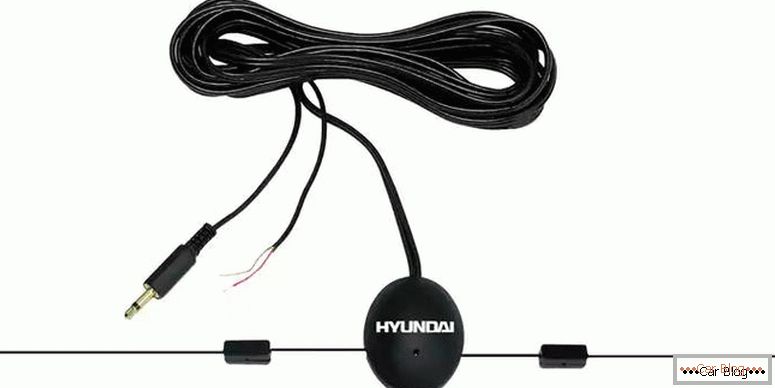The quality of engine oil directly affects the purity of all the working elements of the engine. Oils are mineral, synthetic and semi-synthetic (a kind of symbiosis of previous types of oils). In addition, depending on the season, such products may be intended exclusively for use in the summer or winter. There are also year-round oils - all-season. The choice of motor oil is a serious matter, so we divided this process into several stages.
Content
- 1 Stage one. What recommends a car manufacturer
- 2 Stage Two. Find out what is in the engine now
- 3 Stage Three. We analyze the data obtained
- 4 Stage Four. Analyzing the market
- 5 Stage Five. Selection of grade and viscosity
- 6 Stage Six. Final oil selection
- 7 Stage Seven. Purchase
Stage one. What recommends a car manufacturer
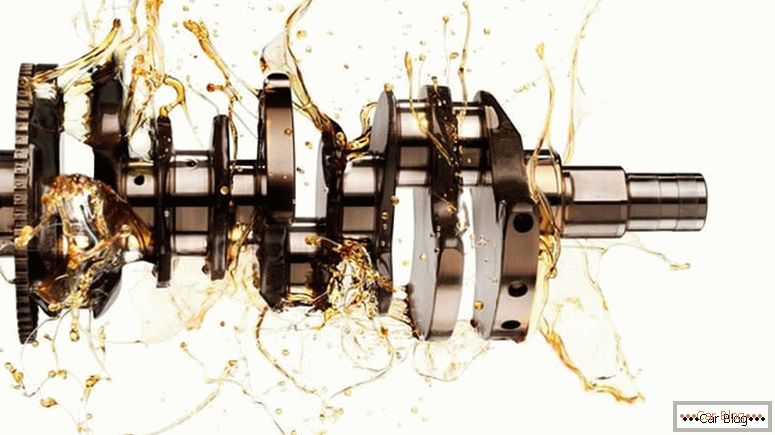
Choosing a motor oil is a fairly important process, so you should get down to business seriously.
So, let's begin. First of all, you need to try to find the documentation for the car, I mean his service book. Almost 100% of automakers indicate in it what kind of oil to pour into the engine of a particular car. If for some reason the service book is lost or the car was purchased already used, and you were, to put it mildly, not up to the manuals, information on suitable engine lubrication is best sought from authorized dealers or, at worst, from certified suppliers of spare parts and Supplies. In a completely hopeless situation, you can search for manual on the Internet.
There is no need to nervously search for the “official” lubricating fluid. Our task is to find out all the standards and tolerances of oil for your car, and not the brand and manufacturers. Depending on the specific car in the end, we should get a simple code. This will be the oil tolerance for the engine of your car. Many automakers offer coded oils according to the European quality standard ACEA (for example, “E8-2006”). It is better not to try to remember the received information, write down everything that you find out about the standards and tolerances, because this information may come in handy more than once.
This information is extremely important, because lubricants for motors differ in their chemical composition and additive packages. In other words, manufacturers of autooil pick up the necessary additives for each specific engine. If such a “bouquet” is chosen incorrectly, you can get a reduction in power and an increase in fuel consumption. And this is at best, at worst - such lubrication will contribute to the speedy exit of the engine, and you guessed it, its overhaul.
Stage Two. Find out what is in the engine now
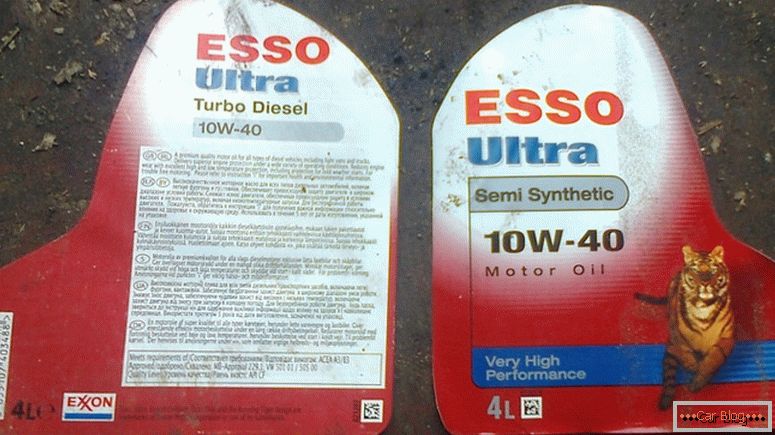
If a container or a label remains after the previous oil change, this will greatly simplify further searches.
Here it is important to decide whether you were satisfied with what was poured into the motor earlier. In other words, is it worth it to “reinvent the wheel” at all and look for an alternative. It is possible to simply buy the same oil and, as they say, sleep well. Therefore, acquiring a used car, you should definitely check with the former owner what kind of oil he poured. If the previous owner of the machine does not possess such information for any reason, then nothing terrible, of course, will happen. Just replacing the oil will cost you a bit more expensive, because before it you have to make a full flush of the engine's lubrication system
See also: Engine torque, what it isIf the oil has already been changed by you, it greatly simplifies the task. It is enough to find the package from the liquid used and carefully study all the information available on it. However, if no information about the currently filled oil was ever found out, skip the third stage and go straight to the fourth.
In order to choose the right oil for the engine, you need to focus on such a parameter as the oil consumption for waste. Carbon is a natural expense, due to the combustion of some part of the lubricant in the engine cylinders. For each particular engine, its manufacturer declared its own rate of natural oil consumption. This does not mean that in your particular case these numbers will not differ from the norm. If the consumption of lubricant in the engine of your car exceeds the standards set by the automaker, it is important to determine how critical this excess is. Like all important technical data, the permissible oil consumption is often specified in the manual to the car.
Stage Three. We analyze the data obtained
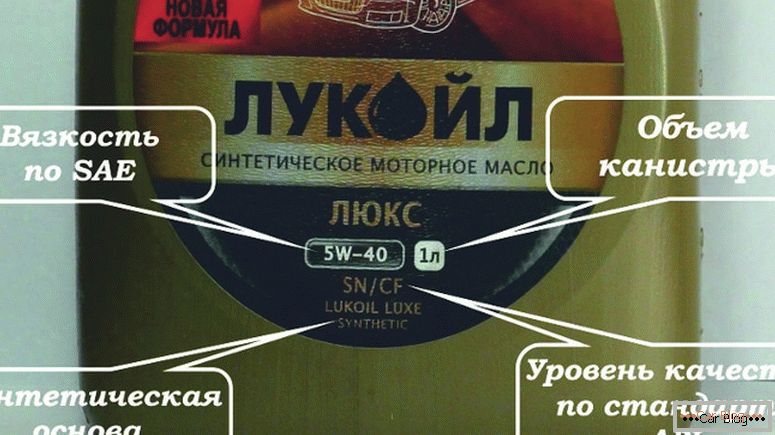
Choosing the oil in the store should carefully examine its label - usually manufacturers indicate on it all the necessary information
Now we have data on the recommended tolerances and, possibly, even information about the oil actually poured into the engine. As already mentioned here, it is worth considering whether there really is an urgent need for a cardinal change in the grade of oil.
The reasons for changing the lubricating fluid may be the following:
- too much lubricant consumption may indicate that the current oil is not suitable for the engine and you should consider choosing an oil with a high viscosity coefficient
- oil does not darken at work, perhaps it simply does not cope with its functions;
- You have found a cheaper and high-quality counterpart;
- The new lubricant has higher lubricating characteristics, because the lower the friction coefficient, the less the motor consumes fuel.
Stage Four. Analyzing the market
Перед тем how to choose motor oil окончательно, стоит составить небольшой список из производителей и брендов, подходящих под найденные ранее допуски и стандарты. Искать будем именно такие жидкости. Почти на 100% вероятно, что выбирать придется всего из нескольких производителей. Проще всего начать поиски в интернете . Для этого в поисковой системе вводим найденный код допуска масла и получаем большое количество предложений именно под наши конкретные требования.
Although some oil manufacturers may not indicate on their official web pages certification for the admissions of automotive companies. But various distributors publish such information almost always. In addition, when choosing a lubricant in a store, tolerances can be found on the label of the product itself.

If the oil does not darken in the process, it means it does not fulfill its functions and you should think about choosing a different type of oil.
Stage Five. Selection of grade and viscosity
Now we have a list of specific motor oils that are suitable for all standards. Our task is to reduce this list in order to make the final choice. It is necessary to take into account the fact that automakers themselves can officially certify at the same time several types of lubricating fluid of the same brand. Such oils can differ in viscosity or type (synthetic, semi-synthetic, mineral). To determine the viscosity of your motor, you should consider the age and mileage of the motor - the more these parameters, the higher should be the viscosity of the oil.
Note! The viscosity of the oil should not exceed the tolerances declared by the car manufacturer.
If “experienced” comrades or “kind and sympathetic” sales assistants convince you in every way that this sports oil is very “cool” high viscosity oil (0W60, for example) is just a panacea for your motor, be skeptical. Especially if the car is more than 5 years old, and its mileage has exceeded 200,000 km. For such a motor, a very high viscosity fluid can even be dangerous. In addition, it certainly will not add power, but you will be provided with a constant topping up of new portions of oil.
See also: DPKV - what is it, the location of the crankshaft sensorStage Six. Final oil selection
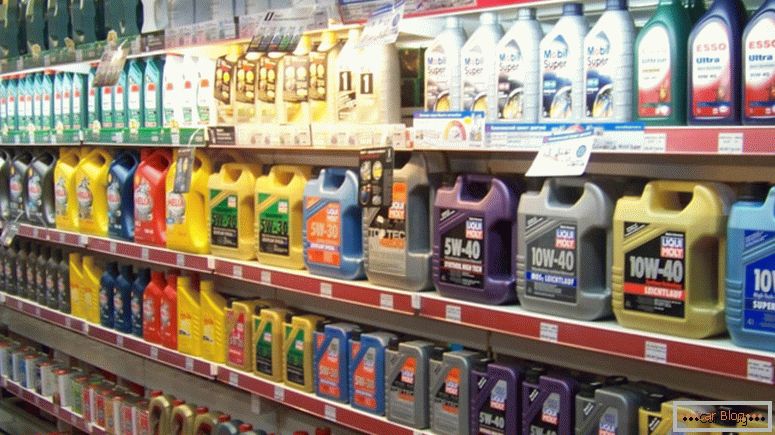
Unfortunately, the purchase of oil in the store does not always give a 100% guarantee of the purchase of a genuine product.
In principle, after the previous stages, the matter remains small - to make the final choice from a fairly “thinner” list of oils. With regard to the choice of the manufacturer of motor lubrication - it is more a matter of personal preference and exposure to advertising. The only thing that can be said here is that the most frequently forged products are forged most often. Therefore, in our country there is a high probability to buy the cherished canister from the promoted brand with not the content that was expected. And then all the previous steps and tips will be simply meaningless, because the chemical composition of the purchased liquid can be anything but the one we were looking for.
In addition, the quality and characteristics of specific products can have quite large differences depending on the market or the manufacturer can change the composition of the product over time. Therefore, the best solution would be to look for reviews of selected products at specialized sites. It is also useful to look for official annotations to the selected oils. They may contain additional information about the optimal modes and operating conditions, which will help you choose the most suitable oil for your engine.
Stage Seven. Purchase
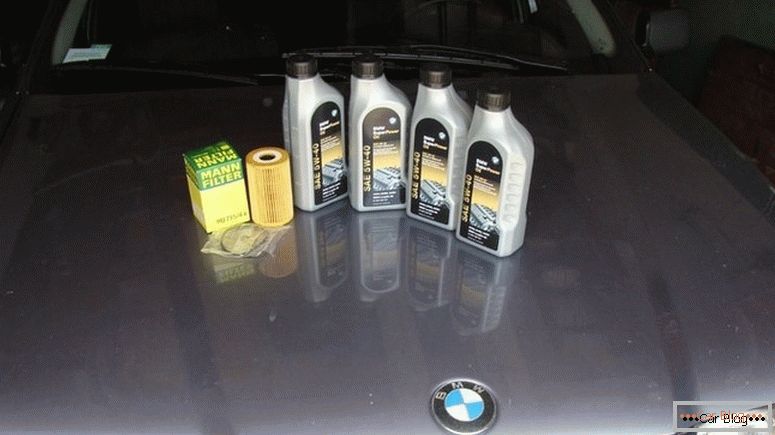
Do not forget that with the replacement of oil, it is necessary to change the oil filter
So this moment has come - you have made the final choice and are ready to purchase the very cherished canister with the most suitable oil. But this stage is the most difficult, because, as we have already mentioned, to buy exactly what is written on the label is a rather difficult task for us, residents of the CIS countries.
Yes Yes. It's about fakes again. Probably, it is not even worth saying that buying oil in the market is generally unacceptable - most likely, you already know that. However, for those who think that buying motor lubrication in an expensive auto shop will save you from a poor-quality product, we have bad news. Often, oils for both markets and expensive stores are purchased at the same wholesale outlets, so the probability of buying a counterfeit product remains high.
A more or less reliable option would be to purchase a lubricating fluid from an authorized dealer of your car brand or a visit to a branded service station. As a rule, this option is not cheap. Yes, and here it is worth being vigilant - the official may offer oil that is ideal for a new engine, but not for the engine of the past, say 100,000 km. Although here you can be pleasantly surprised, because prices may not be as “biting” as you imagined.
Actually, that's all. It now remains to purchase the necessary consumables and boldly go to the service station or make an oil change with your own hands.



